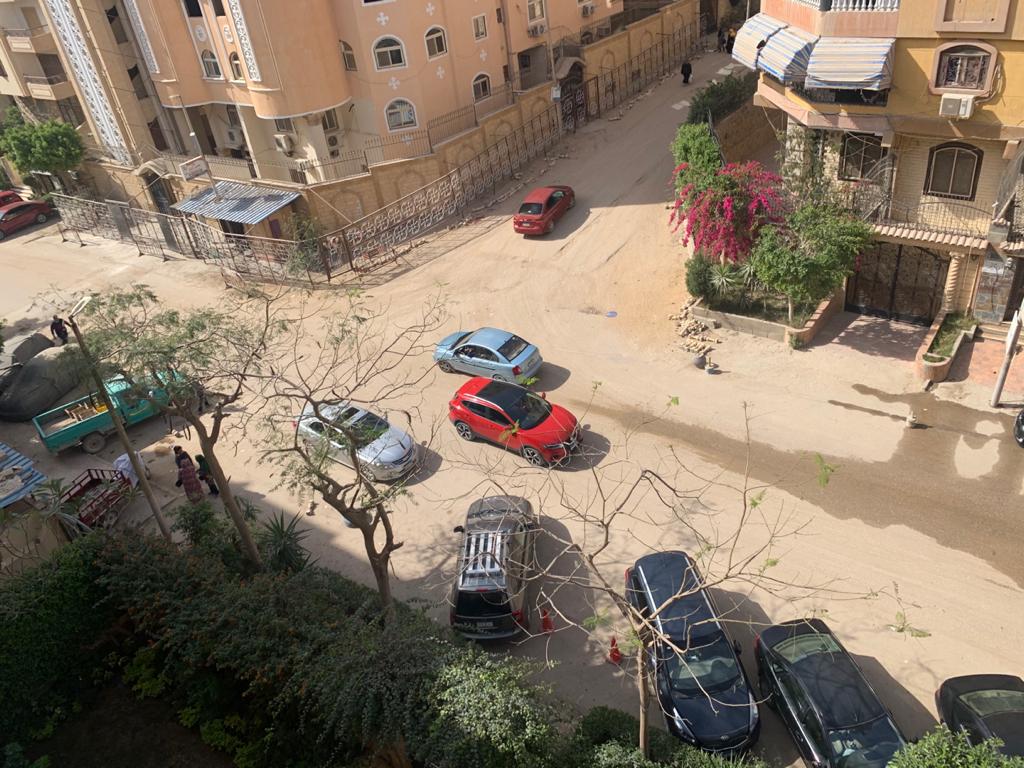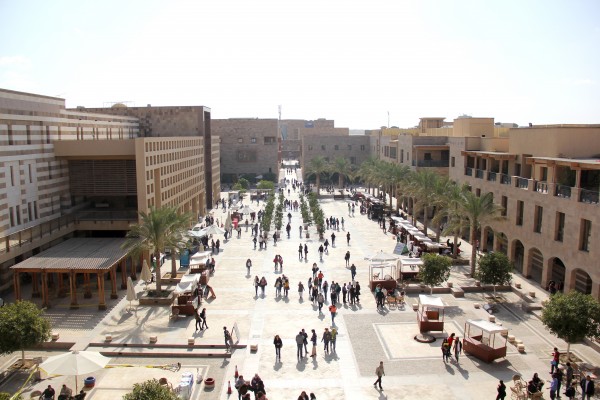Media and the Rusty Gears of the Bureaucracy
 In the past week or so, there has been growing debate borne out of the coverage of the Alexandria flash floods, the crash of the Russian airplane in Sinai, and the fiasco surrounding infamous talk show host Reham Saeed and what it means for the status of mass media in the country.
In the past week or so, there has been growing debate borne out of the coverage of the Alexandria flash floods, the crash of the Russian airplane in Sinai, and the fiasco surrounding infamous talk show host Reham Saeed and what it means for the status of mass media in the country.
Most recently, President Abdelfattah El-Sisi turned his attention to the media and criticized the way the aforementioned events were covered.
This debate has brought to the forefront key media concepts such as accountability, ethics, and the duty to inform and educate the masses, temporarily overshadowing the ongoing discussion about freedom of expression.
The president rhetorically asked the media, “have you put me in this position to punish me?” later adding, “I’ll report you to the people.”
The president is absolutely right because the media is primarily and crucially accountable to the people.
It is the people the who buy the newspapers.
It is the people who buy the products that are advertised on primetime.
And it is the people that are directly impacted if the media fails to uphold its responsibility to society.
By equal measure, government performance is also held to account by the people.
It is clear from the coverage of recent events that the media consistently calls on the President every time a crisis arises.
These local issues, however, fall under the jurisdiction of the municipalities and the heads of districts.
There is a distinct tendency to approach conflict resolution from the top down, glossing over the rusty gears of the bureacracy.
On the other hand, the idea of ‘reporting’ the media’s wrongdoing to the public also strikes ironic chord.
It is the media’s function to report and proliferate the grievances of the public to those in power and not the other way around.
For the media to assume its role as the fourth estate and actually contribute to the creation of a system of checks and balances, it needs to have the space to critique, challenge and question the status quo.
That is contingent on the critique being constructive and aimed at reform.
El-Sisi’s strong focus on the media narrative in Egypt since his rise to power crowned by this week’s address, points towards an impending change in the media landscape.
There is no point crying over spilt milk – the plane will not complete its journey to St. Petersburg and the rains will not stop.
What can change, though, is the way we think and talk about accountability and responsibility.
Nadine Awadalla
Editor -in-Chief
nadineawadalla@aucegypt.edu




